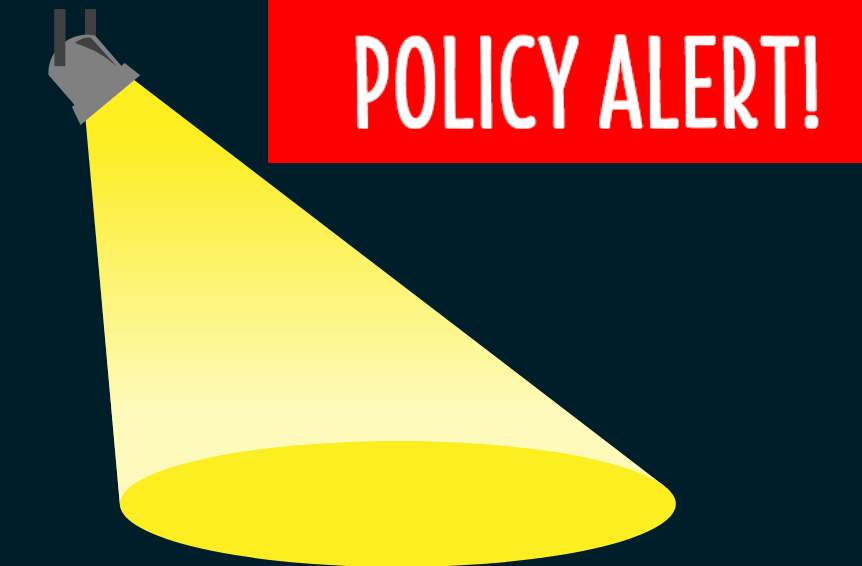Policy Alert has raised concerns over the exclusion of demands and recommendations made by citizens in the Akwa Ibom State 2022 approved budget.
Recall that Akwa Ibom State Governor Udom Emmanuel on Monday, December 20, 2021 signed into law the 2022 Appropriation Bill tagged “Budget of redefining standards,’’ which was passed by the State House of Assembly on Thursday, December 2, 2021.
Policy Alert, a civil society organisation promoting economic and ecological justice in the Niger Delta, wrote, “Our analysis of the approved budget reveals that the demands and recommendations made by community groups and citizens’ organisations through the Akwa Ibom State Citizens Budget Committee and in several memoranda presented and submitted at the legislative public hearing on the appropriation bill were not considered.’’
In a statement signed by Nneka Luke-Ndumere, Communications and Stakeholder Engagement Officer of Policy Alert on Friday, said ‘’We are compelled to express our disappointment at the sheer contempt and exclusion that greeted citizens’ inputs to the 2022 budget process.
“The current situation represents a major setback on modest progress the state had made in recent years in the area of citizens’ engagement in budget processes.’’
Read also:
- PIA: Policy Alert wants Niger Delta host communities to sue provisions
- Loans: NGO Raises Alarm Over ‘Huge’ Akwa Ibom Debt Profile
Some of the key recommendations ignored in the approved budget include a call for review of spurious allocations such as the N2.5 billion budgeted for further work on the already inaugurated a 21-storey Dakkada Towers, N5 billion for the maintenance of the state government’s private jet, N5 billion for Worship Centre and N9.9 billion for the purchase of motor vehicles by the office of SSG.
Policy Alert and a number of other organisations had also called for increases in the budgetary allocations to the Water Sanitation and Hygiene (WASH), primary health care and education sectors but the approved budget was returned without the recommended increases in these areas, despite their direct bearing on the quality of life of the majority of citizens. Also ignored were the demands by various grassroots groups for specific projects deemed as community priorities.
The statement further noted, “It is especially disturbing that the Akwa Ibom State House of Assembly failed to reflect the inputs gathered from participants at the public hearing on the 2022 Appropriation Bill, despite its widely reported avowal to do so during the hearing.
The implication is that the time, energy and financial resources invested by citizens’ groups in developing the range of well-researched and deeply thought-out memos that we saw during the public hearing was all an exercise in futility.”
Policy Alert called on the House of Assembly to decide if it wants to represent the people whose mandate they hold or to become an appendage of the executive.
“The approval of all the controversial proposals and about all that comes from the executive despite concerns by citizens raises questions on the independence of the House Committee on Appropriation and Finance and by extension the House of Assembly and also calls to question the quality and value of their lawmaking, representation and oversight,” the statement added.
The group cautioned that if the practice of ignoring citizens inputs continues, the house will not only completely lose the trust and respect of the people who they represent, but citizens will also be discouraged from contributing their ideas to governance, knowing that it would not count.
The 2020 Approved budget stands at N586.9 billion, an increase of N4.766 billion, or 0.8 per cent, from the initial estimate of N582.115 billion that the Governor presented to the lawmakers on October 25, 2021.

